How much of what we learned at school has shaped the adults we’ve become? A recent study we carried out with Mortar Research reveals that while many of us carry fond memories of classroom lessons, it’s often the experiences we had outside the classroom that prepare us best for life.
This isn’t about dismissing formal education methods. Schools lay the foundation for knowledge, and teachers play an essential role in shaping young minds. However, as our research shows, everyone learns differently, and outdoor learning can complement the classroom by providing students with the skills and confidence they need to thrive in the real world.
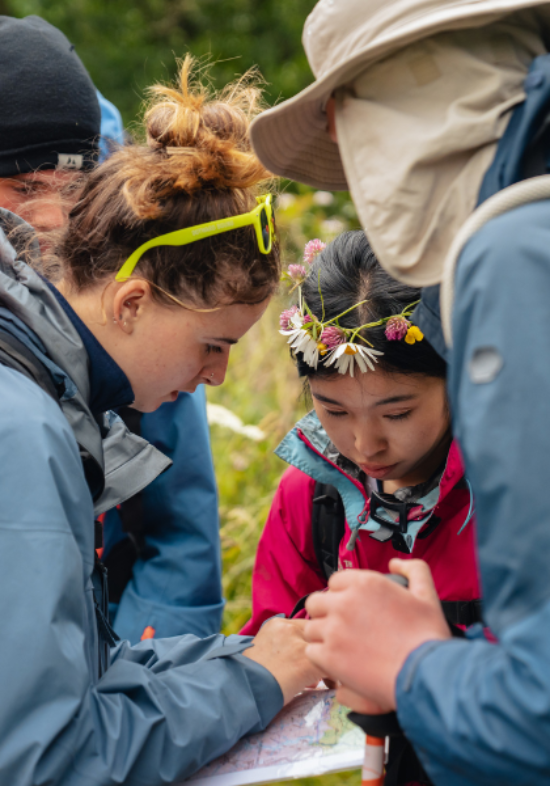
The Things We Remember – And Never Use
The survey, which included responses from over 2,000 adults, uncovered a treasure trove of “useless” knowledge that lingers in our memories decades after we left school. Some highlights include:
- The inventor of the spinning jenny (James Hargreaves)
- Obscure French phrases
- The fact that water is densest at 4°C
- The Queen Mab speech from Romeo and Juliet
- And, of course, the Pythagorean theorem
One respondent put it bluntly: “I spent four years studying Latin and have never used it.”
These memories may be fun to look back on, but they also raise an important question: What lessons truly prepare us for life beyond school?
Life Lessons Outside the Classroom
When it comes to the most valuable learning, nearly 40 per cent of those surveyed said experiences outside the classroom taught them more than what they learned inside it. The skills that made the biggest difference in adulthood included:
- Leadership and decision-making
- Discipline and adaptability
- Kindness and social skills
One participant shared: “Growing up, I was involved in various activities, from sports to part-time jobs, where things didn’t always go as planned. I had to quickly adapt, solve problems on the spot, and stay calm under pressure. This adaptability has been invaluable in adulthood, helping me handle unexpected changes and navigate new environments.”
At Outward Bound, this insight feels especially relevant. Outdoor education goes beyond traditional teaching, providing young people with real-world experiences that build resilience, teamwork, and leadership – skills they’ll carry for life not just their career.
A Partnership in Learning
We carried out this research to understand how adults consider life skills such as resilience sat alongside their formal education, going back over 50 years. Not all young people thrive in traditional education, and there’s always a need to challenge the system's ability to fully prepare young people for the real world.
For many young people, outdoor expeditions can be a more effective way of evaluating students' capabilities – with skills that are often overlooked by traditional exams but are crucial in life, such as teamwork, leadership and adaptability.
It’s good for young people, for teachers and for the whole country – this approach offers a genuine triple-whammy of benefits.
Freda Fallon, Head of Scottish Education PartnershipsOur courses teach participants about themselves. Students leave the familiar behind and head to the wild hills, lakes and lochs, where they take on adventures, overcome challenges and learn about leadership, teamwork and resilience. These experiences can very often be life-changing.
Studies have repeatedly shown that outdoor education has significant benefits – and not just for students.
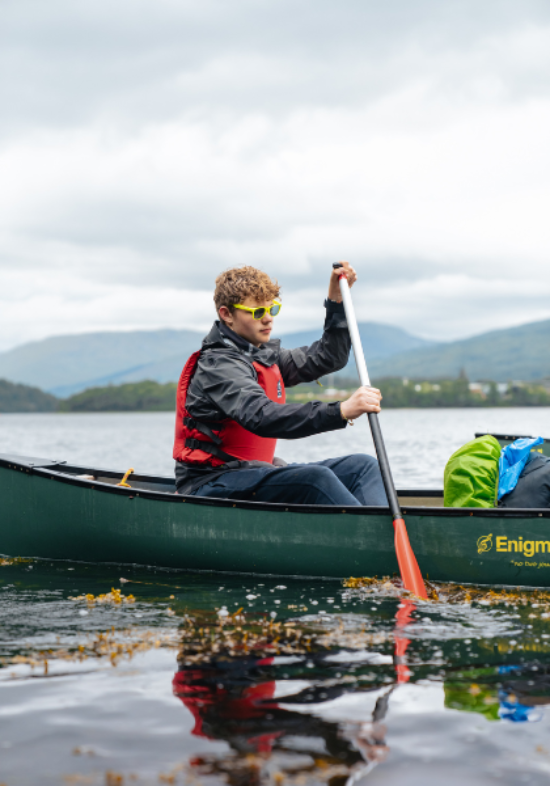
The Triple Benefit of Outdoor Learning
It’s not just students who benefit from outdoor education. Teachers and schools see the impact too, as Freda Fallon, our Head of Scottish Education Partnerships, recently explained when advocating for the Resdineital Outdoor Education Bill in Scotland: “Teachers and schools also benefit, as working through challenges with pupils helps build trust and break down barriers. For example, we see increased motivation, improved attendance and enhanced relationships among young people who attend these courses.
Ultimately, the whole country benefits from this work – we are helping build the next generation of leaders and equipping our young people with skills that will help society as a whole. It’s good for young people, for teachers and for the whole country – this approach offers a genuine triple-whammy of benefits."
Beyond the Classroom
The results of our study highlight something we’ve always believed at Outward Bound: While traditional education is essential, real-world experiences are what turn knowledge into action. They teach young people how to lead, how to adapt, and how to work with others – skills that stay with them for a lifetime, not just their next step in education or career.
Because, while many may forget the exact formula for quadratic equations, the confidence built on a mountain lasts a lifetime.
Further Reading
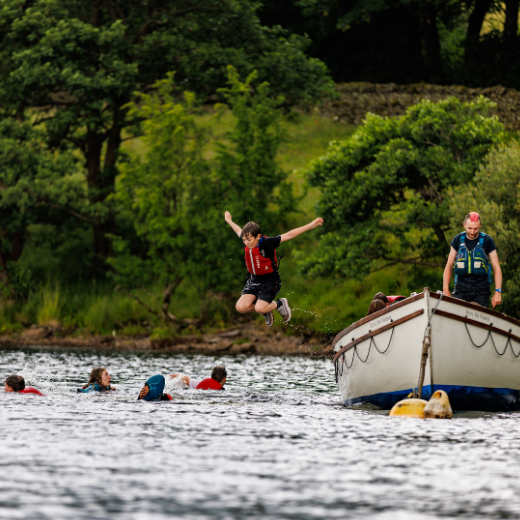
Generation Green 2
16 October 24
£4.5 million project helps young people forge closer connections with nature
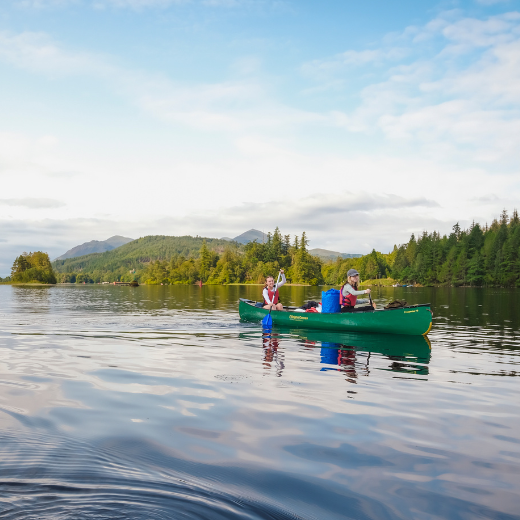
We've Earned an SCQF Credit Rating
17 September 24
Here's why it matters…
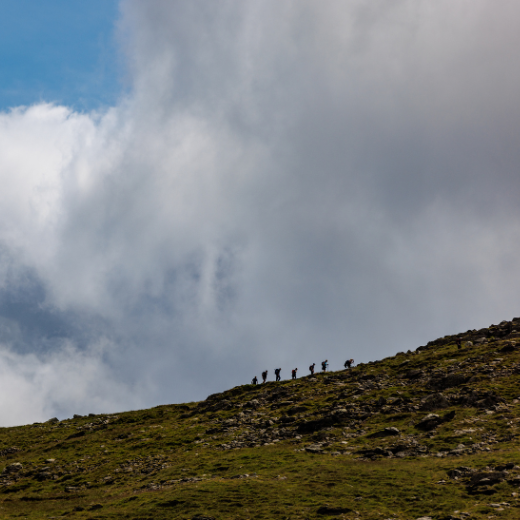
Is It Time to Rethink What We Value in E...
9 September 24
What do we truly value in our education system?